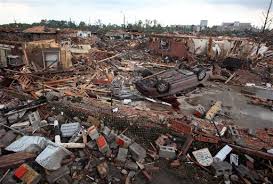记忆方法
1. devastate 毁灭=de + waste + ate.
中文词源
devastate 摧毁
de-, 强调,整个的。vast, 广阔的。即整个摧毁。
英语词源
- devastate
-
devastate: [17] Etymologically as well as semantically, devastate is related to ‘lay waste’. It comes from the past participle of Latin dēvāstāre, a compound verb formed from the intensive prefix dē- and vāstāre ‘lay waste’. This was a derivative of vāstus ‘waste’, source of English waste.
=> vast, waste - devastate (v.)
- 1630s, perhaps a back-formation from devastation. Apparently not common until 19c.; earlier verb form devast is attested from 1530s, from Middle French devaster. Related: devastated; devastating.
权威例句
- 1. This September I was invited to devastate the moors of a friend in the north.
- 这年九月我被北方一个朋友邀请去遨游他的原野.
- 2. The Lurker focuses on spies, cloaks and subterfuge to devastate opponents.
- 潜行者专注于使用间谍, 掩饰,和诡计去摧毁敌人.
- 3. They intended to devastate the town at one stroke.
- 他们企图一举摧毁全城.
- 4. The Maoists, however, have done more to devastate schooling.
- 相对而言, 毛派份子对尼泊尔教育造成的伤害可能还是要大一些.
- 5. A fire or blood devastate and precious paper - historical documents completely.
- 一场大火或者一场洪水足以使珍贵的纸质资料全部摧毁.

